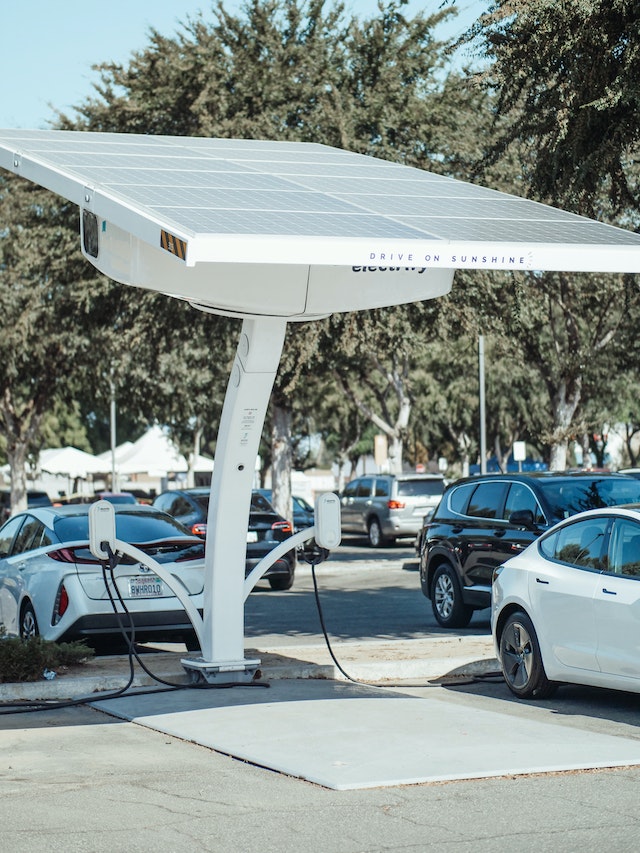In recent years, the electric vehicle (EV) industry has experienced a remarkable surge in demand, driven by increased environmental awareness and advancements in technology. As the world transitions towards cleaner transportation options, the focus on sustainability has never been greater. However, a shadow looms over the EV sector as concerns rise about the possible connection between EV battery imports and Chinese forced labor. In response to these apprehensions, the United States has taken a significant step by enacting laws that scrutinize such imports, underscoring the necessity for transparency and ethical practices across the industry.
Understanding the Issue
The majority of EV batteries are currently produced in China, a global leader in battery manufacturing. While this has contributed to the expansion of the electric vehicle market, it has also raised concerns about the labor practices involved in the battery supply chain. Reports and investigations have surfaced suggesting that some of the materials used in these batteries might be linked to forced labor in China. This has led to growing unease among consumers, regulators, and industry players alike.
The Role of US Law
To address these concerns, the United States has implemented regulations to ensure that imports related to products with alleged ties to forced labor are thoroughly examined. This includes EV batteries, which are crucial components of the growing EV market. The US Customs and Border Protection agency has the authority to seize products suspected to be produced using forced labor, preventing them from entering the US market.
Implications for the EV Industry
The introduction of these regulations has significant implications for the EV industry. While the overarching goal is to ensure a more ethical supply chain, this move could potentially disrupt the flow of EV batteries and impact the overall production of electric vehicles. Industry stakeholders are now facing the dual challenge of maintaining a steady supply of batteries while also guaranteeing that their sourcing adheres to the highest ethical standards.
Transparency as a Solution
Amidst these challenges, the concept of supply chain transparency emerges as a potential solution. Manufacturers and suppliers must adopt more comprehensive and transparent methods of sourcing materials. This includes rigorous due diligence to trace the origin of raw materials and ensuring that labor practices meet international standards. By embracing transparency, the EV industry can not only address concerns regarding forced labor but also strengthen consumer trust and confidence in the sector’s commitment to sustainability.
Looking Ahead
The issue of forced labor in the EV battery supply chain is a critical concern that demands immediate attention. As the world strives to achieve a greener future, it is essential to ensure that this transition is built on principles of ethics and responsibility. The US law targeting Chinese forced labor in the context of EV battery imports serves as a reminder that progress cannot come at the expense of human rights. By focusing on transparency, accountability, and ethical practices, the electric vehicle industry can overcome these challenges and continue its journey towards a cleaner and more sustainable transportation landscape.
In conclusion, the intersection of EV battery imports and Chinese forced labor is a complex issue that requires careful consideration and action. The implementation of US regulations brings attention to the importance of transparency and ethical practices in the EV industry. As the world watches how the industry responds to these challenges, it becomes clear that sustainable growth is inseparable from responsible business practices.












